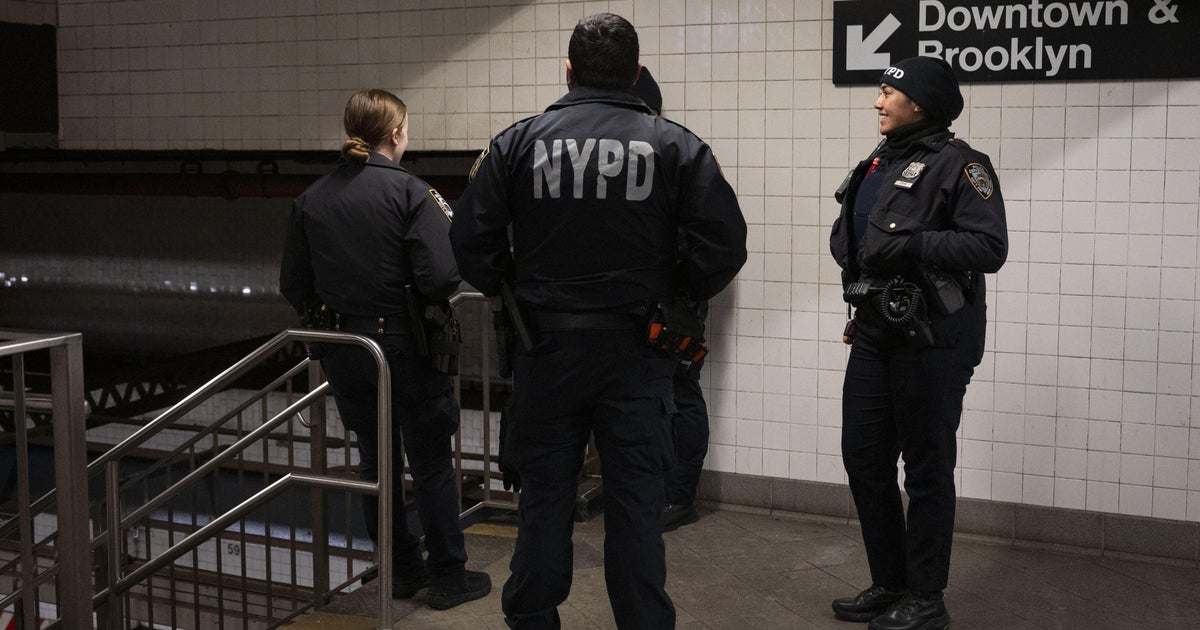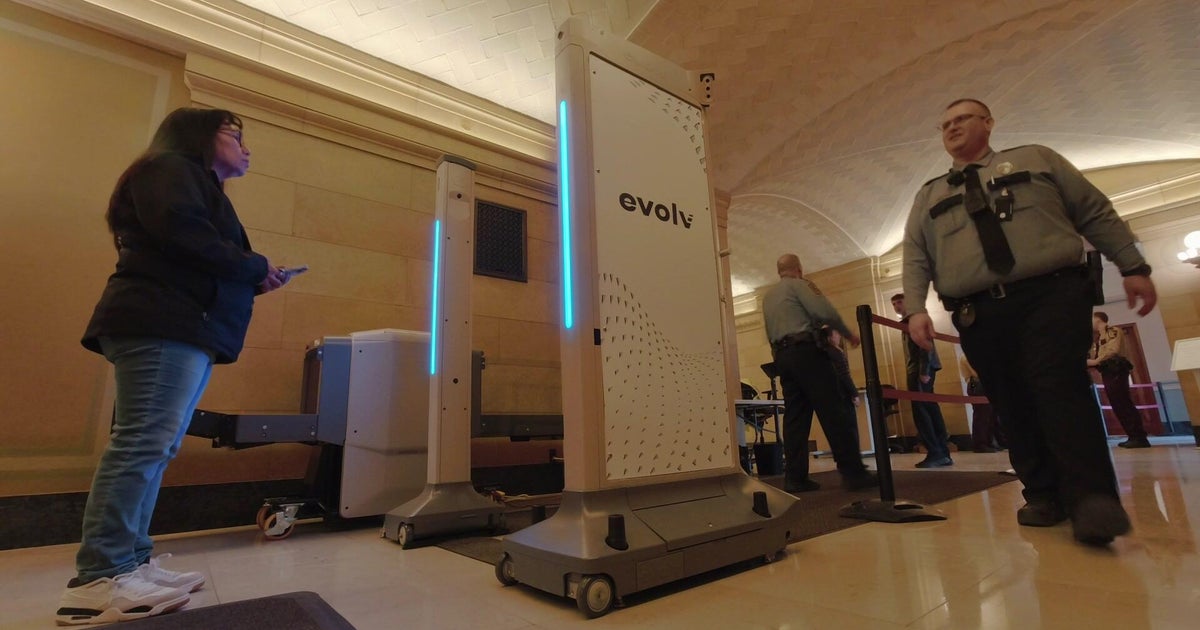Intelligence Official: Phone Records Tracking Helped Foil Subway Bomb Plot
NEW YORK (CBSNewYork/AP) -- A senior U.S. intelligence official has said the secret program that tracked hundreds of millions of domestic phone records helped disrupt a 2009 terror plot to bomb the New York City subways.
The official said the plot was thwarted because of the secret collection of phone records by the National Security Agency. The official would not provide other details.
The official was not authorized to discuss the plot publicly and requested anonymity.
Afghan-American Najibullah Zazi pleaded guilty to the 2009 plot, saying he had been recruited by al Qaeda in Pakistan to carry out a suicide bombing in the subways.
Zazi was the ring leader of the operation, and said he first returned from Pakistan to the family's Denver-area home to practice making homemade bombs. He then drove to New York with plans to attack the subway system, but learned he learned he was being watched by the FBI and fled back to Colorado.
Zazi is awaiting sentencing as he has testified against others in the case.
Zazi's father, Mohammed Wali Zazi, was convicted of conspiracy and obstruction of justice and sentenced Friday to 4 1/2 years behind bars in 2012.
Another defendant, Adis Medunjanin, was convicted in 2012 of helping with the plot and sentenced to life in prison. Fur other defendants have also been convicted in the case.
Newspaper reports revealed this week that the NSA has been collecting the phone records of hundreds of millions of Americans each day for a database used to determine whether terror suspects have been in contact with people in the U.S.
Granted by the secret Foreign Intelligence Surveillance Court on April 25, the order states that the phone company Verizon must, on an "ongoing, daily basis," give the NSA information on all telephone calls in its systems, both within the U.S. and between the U.S. and other countries, CBS News reported.
Also this week, CBS News learned that a top secret program has allowed the NSA and the FBI to tap directly into the central servers of nine major Internet companies to extract audio, video, photos, emails and documents that let analysts track an individual's communication.
The program, called PRISM, was established in 2007, according to The Washington Post, which broke the story Thursday evening. CBS News senior correspondent John Miller said it doesn't deal with names but was designed as a way for the government to track suspected terrorists. It culls metadata from Microsoft, Yahoo, Google, Facebook, PalTalk, AOL, Skype, YouTube and Apple and will soon include Dropbox.
You May Also Be Interested In These Stories
(TM and © Copyright 2013 CBS Radio Inc. and its relevant subsidiaries. CBS RADIO and EYE Logo TM and Copyright 2013 CBS Broadcasting Inc. Used under license. All Rights Reserved. This material may not be published, broadcast, rewritten, or redistributed. The Associated Press contributed to this report.)







